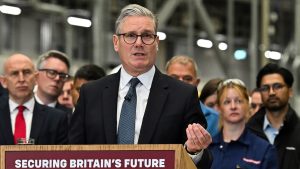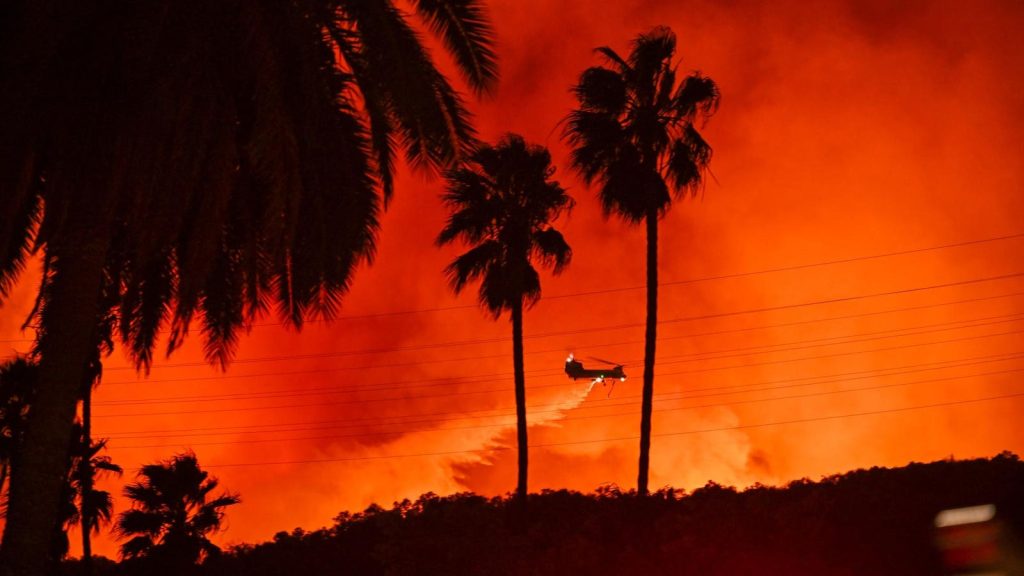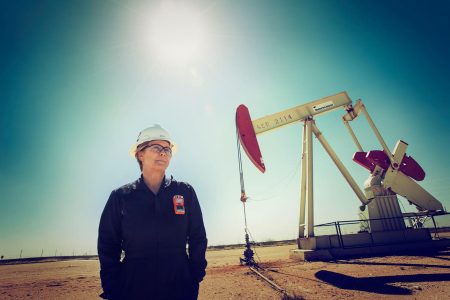The devastating wildfires that ravaged Los Angeles, consuming tens of thousands of acres in the Pacific Palisades and Altadena, brought to light critical vulnerabilities in the city’s emergency infrastructure. While the fires ignited a whirlwind of blame and misinformation, the core issue lies not in water scarcity but in a system ill-equipped to handle the intensity and duration of these increasingly frequent, climate-change-fueled infernos. The narrative surrounding the fires, particularly the Palisades Fire, mistakenly focuses on water shortages. Ironically, Los Angeles reservoirs are at capacity. The problem, instead, stems from an infrastructure designed for typical urban firefights, not the prolonged, large-scale battles necessitated by these out-of-season wildfires. The city’s water distribution system, designed to deliver water to homes and businesses, strained under the immense pressure of feeding fire hydrants battling relentless flames, leaving firefighters struggling with inadequate water pressure and dry hydrants.
The inability to effectively combat the fires through traditional means exacerbated the destruction. The existing infrastructure, relying on a complex system of reservoirs, storage tanks, and gravity-fed distribution, proved inadequate against the ferocity of the flames, particularly in mountainous terrain. While emergency measures like water trucks offered temporary relief, they could not substitute for a robust system capable of sustained, high-volume water delivery to the fire lines. This inadequacy underscores a critical need for a fundamental reassessment and upgrade of the city’s fire-fighting infrastructure to meet the challenges of a changing climate. The combination of dry vegetation, fueled by two previous rainy years followed by a record dry spell, and powerful Santa Ana winds created a perfect storm, propelling the fires beyond the capabilities of traditional fire-fighting methods.
Amid the crisis, misplaced accusations and politicization further muddied the waters. Some wrongly blamed the fires on California’s ongoing water issues, even pointing fingers at agricultural businesses like the Wonderful Company, owned by billionaires Stewart and Lynda Resnick, whose water-intensive crops like pistachios and almonds have drawn criticism. While water management and allocation are ongoing concerns in California, experts emphatically state that these issues are unrelated to the fires. The fires raged amidst full reservoirs, highlighting the disconnect between resource availability and the infrastructure’s ability to effectively deploy it in emergencies. This misdirection detracts from the real issue: the need to invest in and strengthen emergency response infrastructure.
The politicization of the crisis, with figures like then-incoming President Donald Trump criticizing California Governor Gavin Newsom, further obscured the underlying infrastructure failures. These exchanges, while politically charged, offered no substantive solutions to the pressing issue of inadequate fire-fighting resources. Similarly, the unfounded accusations against the Resnicks, fueled by misconceptions about their influence on California’s water system, served as a distraction from the real culprit: a system unprepared for the scale and intensity of these fires. The severity of these fires – deemed the worst and most expensive in Los Angeles County history – underscores the urgency of proactive measures. Beyond upgrading water delivery systems, experts recommend focusing on fire prevention strategies, such as de-energizing power lines during high-wind events, and enhancing early detection capabilities through advanced remote sensing technologies. These measures, coupled with improved land management practices, offer a more comprehensive approach to mitigating future fire risks.
The challenges faced by Los Angeles highlight a broader need for infrastructure adaptation in the face of climate change. As extreme weather events become more frequent and intense, existing systems designed for historical norms are increasingly inadequate. The fires serve as a stark reminder that investing in resilient infrastructure is not just a matter of preparedness but a crucial investment in public safety and community survival. Rethinking emergency response protocols and integrating climate change projections into urban planning become paramount for mitigating future risks and averting such catastrophic losses. This includes not just upgrading water infrastructure but also implementing measures to reduce fire fuel load, improve early warning systems, and strengthen community resilience.
Addressing the underlying infrastructure vulnerabilities requires a comprehensive, multi-pronged approach. This includes upgrading existing water delivery systems to handle increased demand during emergencies, expanding water storage capacity strategically while addressing potential water quality concerns, and implementing fire-resistant urban design principles. Furthermore, fostering community-level preparedness through education and resource allocation is crucial for enhancing resilience and mitigating the impact of future disasters. The fires in Los Angeles serve as a wake-up call, emphasizing the need for proactive investment in resilient infrastructure and a shift towards a more comprehensive and integrated approach to disaster preparedness. Addressing the root causes of vulnerability, rather than resorting to blame and misdirection, is essential for protecting communities from the escalating threats posed by a changing climate.










